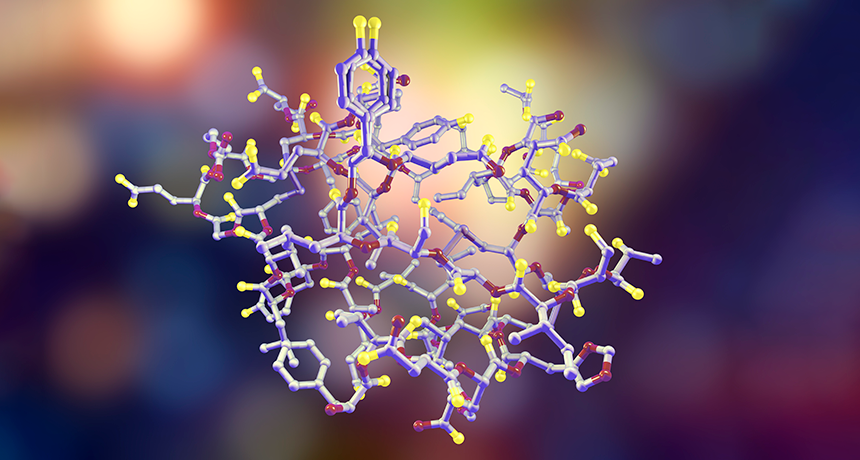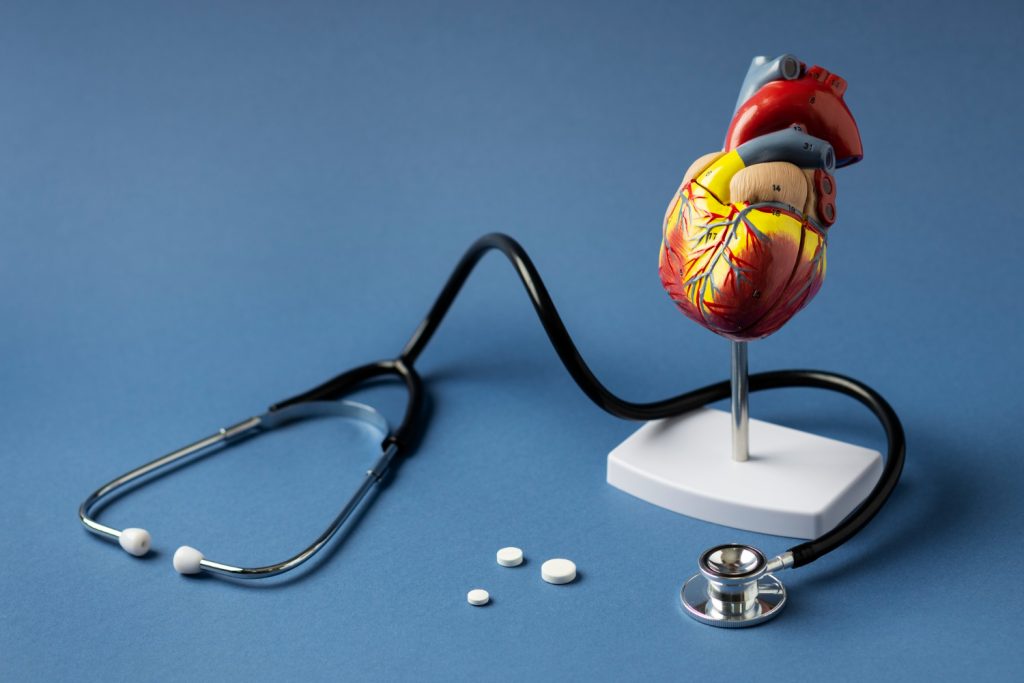Introduction
Sexual health is a fundamental aspect of overall well-being, and its intricate connection with nutrition is often underestimated. The foods we consume play a pivotal role in supporting various bodily functions, including those directly linked to sexual health. A balanced and nutrient-rich diet can positively impact hormone levels, blood flow, and overall vitality, contributing to a fulfilling and vibrant intimate life.

Hormonal Balance
One of the key factors influenced by nutrition in sexual health is hormonal balance. Hormones such as testosterone, estrogen, and progesterone play crucial roles in regulating sexual desire, arousal, and performance. Nutrient-rich foods support the endocrine system, helping maintain optimal hormone levels.
Zinc, found in abundance in foods like nuts, seeds, and seafood, is essential for testosterone production in men. For women, maintaining balanced levels of estrogen and progesterone can be supported by incorporating foods rich in omega-3 fatty acids, found in fish, flaxseeds, and walnuts.

Blood Flow and Cardiovascular Health
A healthy cardiovascular system is directly linked to sexual health, as proper blood circulation is vital for arousal and performance. Foods that promote heart health, such as fruits, vegetables, whole grains, and lean proteins, contribute to the overall well-being of the circulatory system.
Nitric oxide, a compound that relaxes blood vessels and improves blood flow, is boosted by foods like beets, leafy greens, and citrus fruits. This enhanced circulation not only benefits heart health but also positively impacts sexual function, aiding both men and women in achieving and maintaining arousal.

Antioxidants and Sexual Well-being
Antioxidants play a crucial role in neutralizing free radicals, which can damage cells and tissues throughout the body, including those involved in sexual function. Vitamins C and E, as well as selenium, are powerful antioxidants that can be found in fruits, vegetables, nuts, and seeds.
These antioxidants help protect reproductive organs and enhance overall cellular health. Moreover, they contribute to the production of healthy sperm in men and support the fertility of eggs in women, making them essential for couples trying to conceive.

Mood and Libido
Nutrition also has a profound impact on mood and mental well-being, which are closely connected to libido and sexual desire. Serotonin, often referred to as the “feel-good” neurotransmitter, is influenced by the amino acid tryptophan found in foods like turkey, nuts, and seeds. A balanced intake of carbohydrates further supports serotonin production.
On the other hand, foods rich in omega-3 fatty acids, such as fatty fish and chia seeds, have been linked to a reduction in symptoms of depression and anxiety, promoting a positive mental state conducive to a healthy sex life.
Conclusion
The relationship between nutrition and sexual health is intricate and multifaceted. A well-rounded, nutrient-dense diet not only supports overall health but also directly impacts hormonal balance, cardiovascular health, and mental well-being—all crucial components of a satisfying and robust intimate life.
While nutrition is just one aspect of a holistic approach to sexual health, incorporating a diverse range of nutrient-rich foods can significantly contribute to enhanced vitality, libido, and overall sexual well-being. As with any aspect of health, it’s essential to consult with healthcare professionals for personalized advice and guidance tailored to individual needs and circumstances.



















